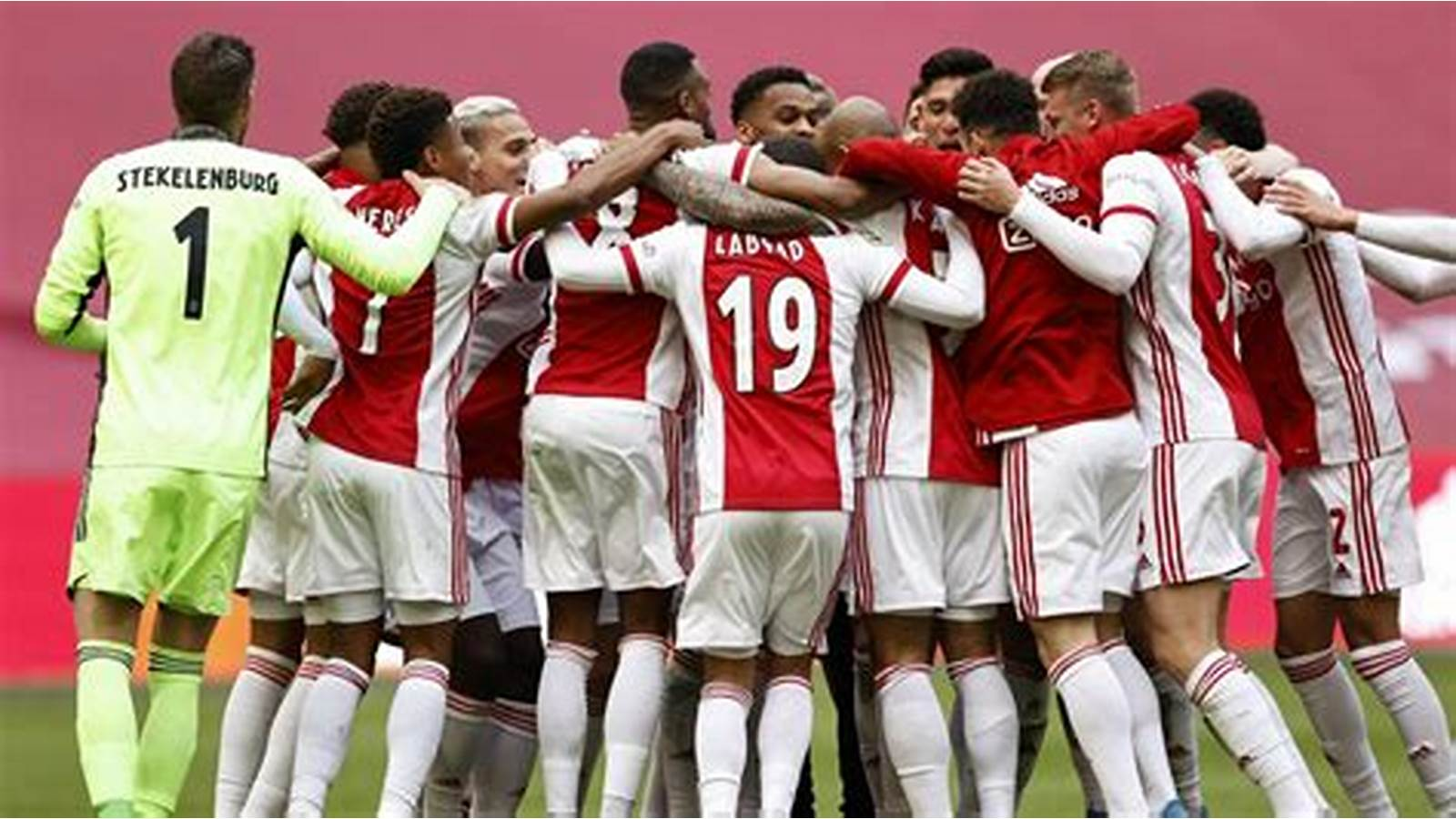Ajax Amsterdam, one of the most storied clubs in European football, has been synonymous with success and innovation. From its origins in the early 20th century to becoming a powerhouse in modern football, Ajax has created a lasting legacy. In this article, we will take a deep dive into Ajax’s history, achievements, and the key elements that make it a unique force in the world of football.
The Birth of Ajax Amsterdam
The team quickly began to rise through the ranks of Dutch football, earning its place among the giants of the sport. Over time, Ajax’s commitment to youth development and attacking football set it apart from many other clubs.
In its early years, Ajax faced stiff competition but gradually established itself as a dominant force in the Netherlands.
The Golden Era of Ajax
Ajax’s golden era came in the 1970s, a period marked by both domestic and international success. Under the guidance of legendary manager Rinus Michels, Ajax introduced a style of play that would become world-renowned: Total Football. This tactical revolution involved fluid positioning, where players could switch roles seamlessly. It made Ajax one of the most feared teams in Europe.
The team’s success on the field was immense.

The Philosophy of Ajax
At the core of Ajax’s success is its unwavering commitment to a philosophy rooted in youth development and attacking football. The Ajax Youth Academy is famous worldwide for producing top-tier talent.
Ajax’s approach emphasizes technical skill, tactical awareness, and the ability to read the game.
Ajax in the Modern Era
Ajax’s success hasn’t been limited to its golden years. The club has continued to shine in the modern era. Ajax’s domestic dominance has remained strong, regularly winning the Eredivisie, the top tier of Dutch football.
The 2019 campaign was particularly remarkable for Ajax as it showcased their blend of youthful energy and experienced leadership. Under the management of Erik ten Hag, the team captivated the football world with its attacking style and tactical discipline. Players like Matthijs de Ligt, Frenkie de Jong, and David Neres became household names.
The Johan Cruyff Arena
No discussion of Ajax would be complete without mentioning the iconic Johan Cruyff Arena. This stadium, named after the legendary Johan Cruyff, is not only the home of Ajax but also a symbol of the club’s commitment to innovation and excellence. With a seating capacity of over 54,000, it is one of the most modern stadiums in Europe.
The Johan Cruyff Arena is renowned for its state-of-the-art facilities and passionate atmosphere. Whether it’s a domestic match or a European fixture, the stadium is always alive with energy, as Ajax fans, known as Ajacieden, fill the stands to support their team.
Ajax’s Rivalries
Ajax has several intense rivalries, the most famous of which is with Feyenoord. Known as De Klassieker, this is the biggest match in Dutch football. The rivalry stems from the historical divide between the cities of Amsterdam (Ajax) and Rotterdam (Feyenoord), which extends beyond football into culture, politics, and economics. These matches are often fiercely contested, and they always capture the attention of fans both in the Netherlands and around the world.
Another important rivalry is with PSV Eindhoven, another major Dutch club. Matches between Ajax and PSV are crucial in determining the Eredivisie champion and have often been deciding factors in the title race.
Ajax and International Football
Ajax’s reputation extends far beyond the Dutch league. The club has been a significant contributor to European football, especially through its performance in the UEFA Champions League. With four European Cup/Champions League titles, Ajax stands among the most successful clubs in Europe. Their famous victory in 1995 remains a highlight, with Louis van Gaal at the helm, and a squad featuring stars like Edgar Davids, Patrick Kluivert, and Frank de Boer.
Ajax has also had a significant influence on the Dutch national team. Many of the players who became icons for the Netherlands during their prime years were developed at Ajax, and the club continues to be the heart of Dutch football development.
The Ajax Identity
One of the key aspects that make Ajax special is its deep connection to its roots and its identity as a club. Ajax stands as a symbol of hard work, teamwork, and technical football. These principles are embedded in the way the team plays, with emphasis placed on possession football, quick transitions, and attacking football.
Ajax’s commitment to developing players who embody these ideals has ensured the club’s longevity and consistent success. Even when the club is not at the very top of European football, Ajax’s identity and commitment to its philosophy allow it to continue to compete at the highest level.
Ajax’s Current Squad
As of recent seasons, Ajax remains a competitive force in both Dutch football and European competitions. The team is filled with young, dynamic players who blend seamlessly with more experienced figures. Players like Dusan Tadic, Antony, and Steven Berghuis have brought their skills to the pitch and helped maintain Ajax’s reputation as an attacking powerhouse.
Olympique At the same time, the club continues to produce emerging talent from its youth academy. Ajax’s focus on nurturing players who can compete on both the domestic and international stage ensures the club’s future remains bright.
Ajax and the Future
DS Looking ahead, Ajax continues to build on its legacy while adapting to the evolving landscape of European football. With strong financial backing, an advanced training facility, and a rich history, Ajax has the resources to remain competitive on the European stage.
The Red In an era of increasing commercial pressures, Ajax’s emphasis on youth development and its unwavering philosophy of technical football offer a refreshing contrast to many other top clubs. The club’s focus on nurturing young talent and giving them opportunities at the highest level ensures its place as a central figure in European football for years to come.
To read more, Click Here

Leave a Reply